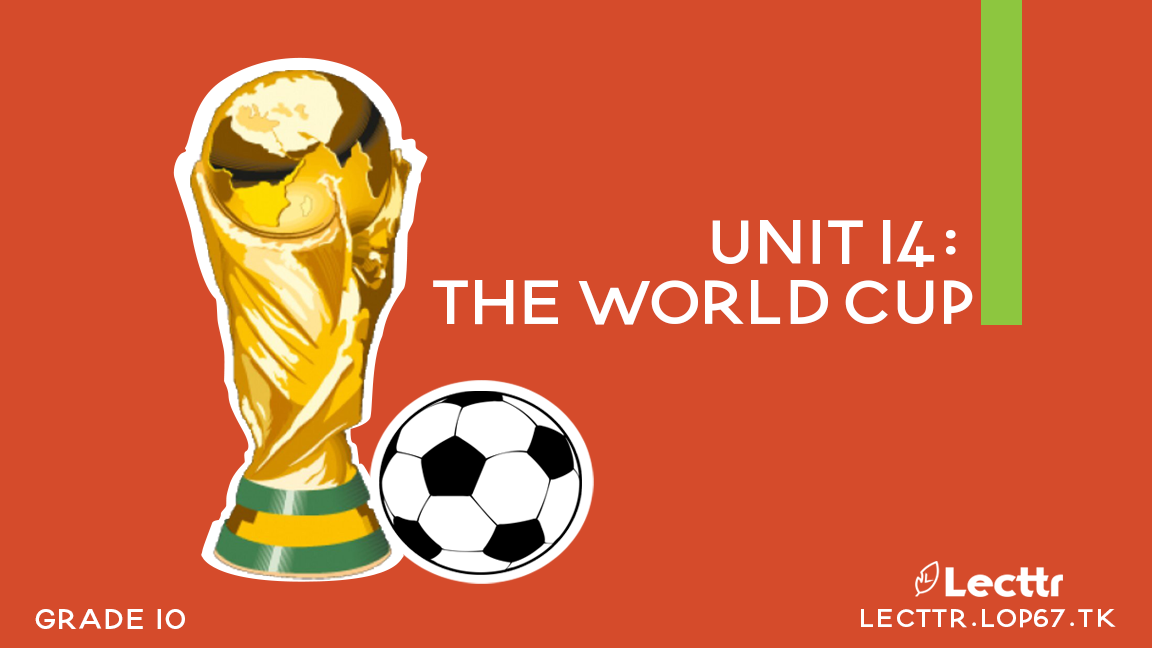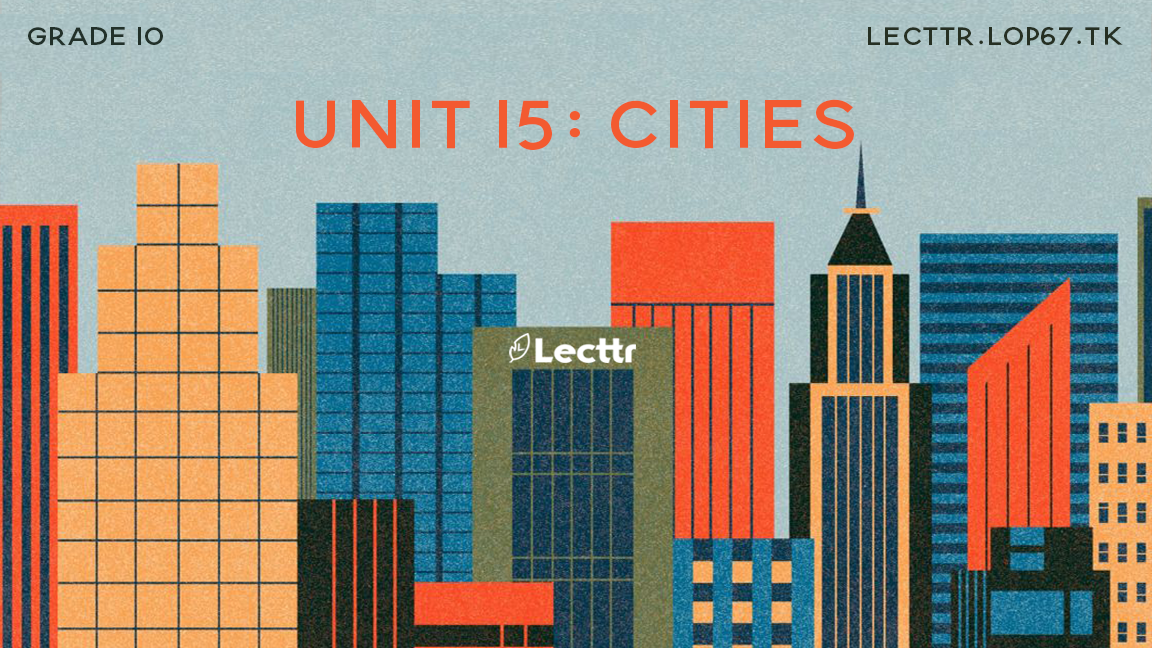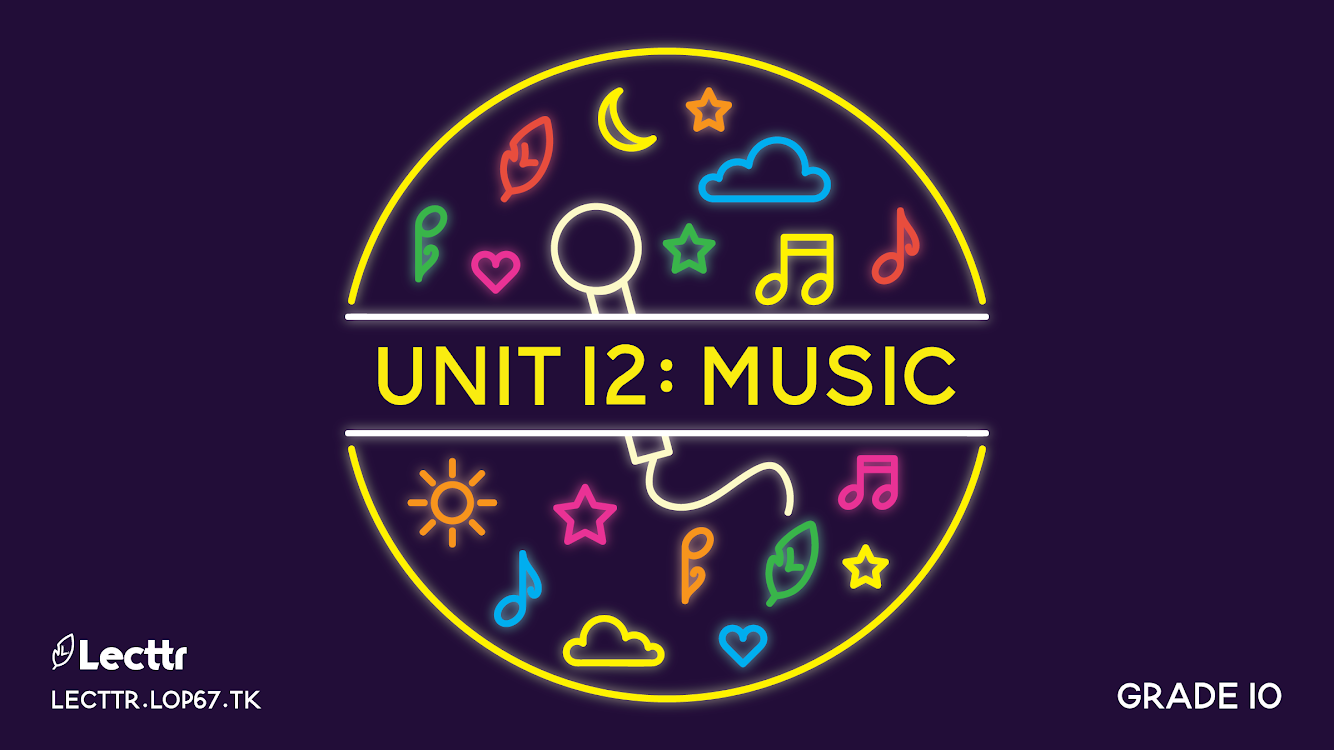Các từ dễ nhầm
Coast/ Beach/ Shore/ Sea/ Seaside
- Coast: vùng đất nằm sát biển
Rimini is a thriving resort on the east coast of Italy.
- Beach: bãi biển, có cát và sỏi.
We spent the day on the beach.
- Shore: bờ biển / sông/ hồ
You can walk for miles along the shore.
- Sea: vùng biển
We went swimming in the sea.
- Seaside: khu vực bờ biển mọi người tới nghỉ ngơi
Let’s go to the seaside at the weekend.
Come/ go
- Hai động từ trên đều có nghĩa là “tới”, nhưng “come” = đến (cử động từ xa đến gần); “go” = đi (cử động từ gần ra xa).
He comes here by car.
He goes there by taxi.
Common/ Popular/ Universal/ General
- Cả “common” và “popular” đều có nghĩa là “phổ biến”, nhưng “popular” mang ý nghĩa tích cực:
That song was popular with people from my father’s generation.
- “Common”: thông thường, phổ biến, xảy ra nhiều trong cuộc sống
Oil spills are common, as is the dumping of toxic industrial wastes.
- General: ám chỉ đến toàn thể, toàn bộ một tầng lớp, một tập thể
There is a general concern about rising crime rates.
- Universal: tìm thấy ở khắp mọi nơi, phổ thông, phổ quát.
The new reforms have not met with universal approval within the party.
Complimentary/ Complementary
- Tuy hai từ đều phát âm giống nhau, nhưng “complementary” có nghĩa là mang tính bổ sung:
My family and my job both play an important part in my life, fulfilling separate but complementary needs.
- còn “complimentary” có nghĩa là bày tỏ sự ngưỡng mộ, khen ngợi
The reviews of his latest film have been highly complimentary.
Conceivable/ Imaginable/ Credible/ Believable/ Trustable/ Plausible
- Conceivable/ Imaginable: có thể tin được/ hình dung được (những điều chưa diễn ra)
It is conceivable that I’ll see her tomorrow.
- Credible/ believable/ trustable/ plausible: có thể tin được (mang tính thuyết phục về sự việc đã diễn ra).
It is just not credible that she cheated.
Practice










No Comments
Leave a comment Cancel